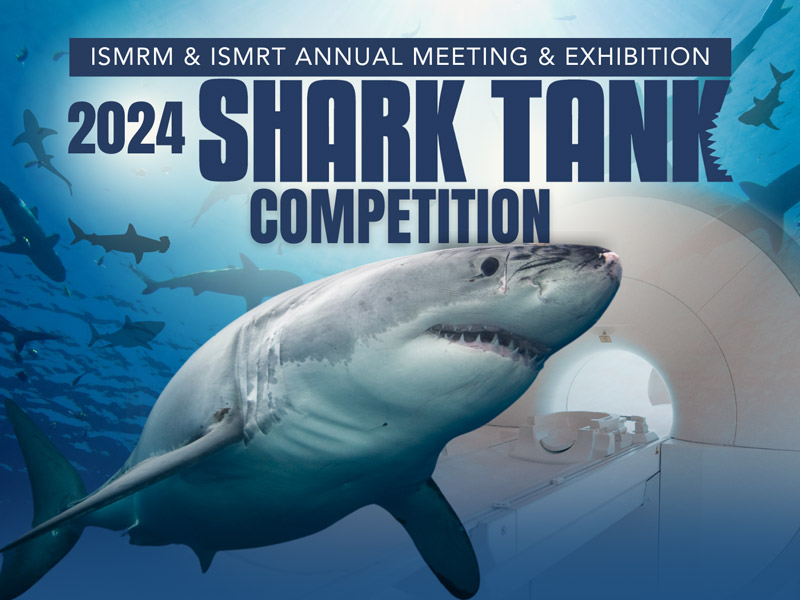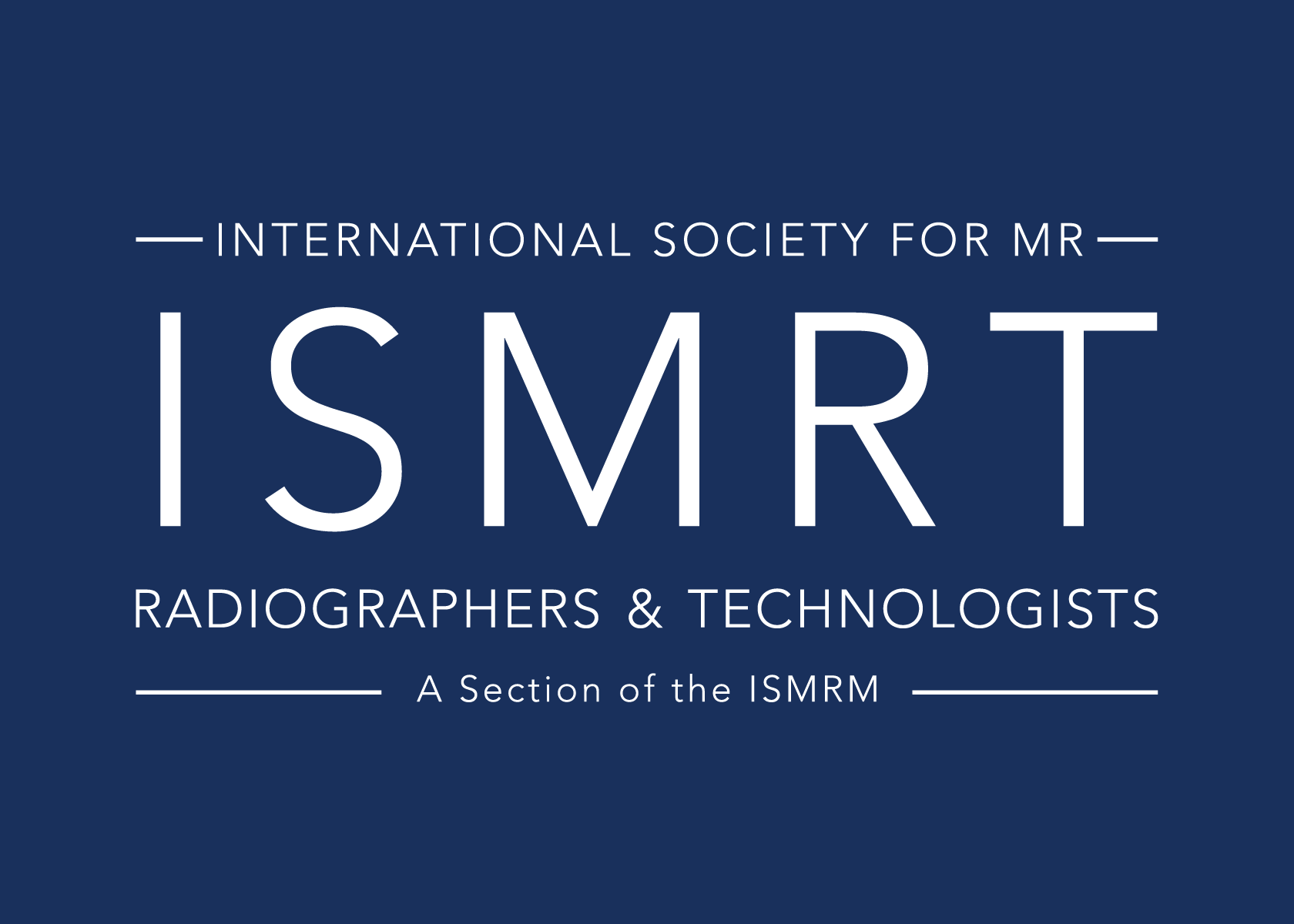The final results of the 2024 Shark Tank competition are:
1st Place
Maëliss Jallais
Cardiff University Brain Research Imaging Centre (CUBRIC)
Empowering Diagnostic Precision with μGUIDE: Transforming Quantitative MRI into an Intuitive and Transparent Tool
2nd Place
Marco Palombo
Cardiff University
GAIA: Green AI for Accelerated Medical Imaging
3rd Place
Sandra Cuellar Baena
University Hospital in Linkoping, Linkoping, Sweden
Automated Pipeline for the Quality Assurance of Newly Installed Clinical MR Scanners
The Junior Fellow Symposium presents the 4th edition of the Shark Tank!
Sandra Cuellar Baena
University Hospital in Linkoping, Linkoping, Sweden
What is the problem you are solving?
Quality assurance of newly installed clinical MR scanners is of outmost importance before the system is accepted for clinical use. Moreover, in-house testing can be useful to provide a baseline for the system performance in the years to come. At our institution we have 12 MR scanners from different manufactures (GE, Philips and Siemens) and both 1.5T and 3T field strengths with two new systems to be installed in the near future. Between last and this year, we have had the upgrade of four of the MR scanners and even the unfortunate event of quenching in two of the systems, increasing the need for testing of the MR scanners and consequently the data analysis of the results for such tests proving to be a time-consuming task.
What is your solution?
We have developed an automated pipeline for the QA assessment of newly installed clinical MR scanners. This pipeline is based on standardized protocols across all vendors, the automated analysis and reporting system via a webpage of the measured outcomes. Moreover, these tests can be used after a major hardware upgrade or adverse incidence (spontaneous quenching) to check the system performance.
All scripts and webpage design were developed in-house and are available as an open-source resource for the MR community.
Coaches:
Dr Rui Teixeira, Hyperfine
Dr Ravikanth Balaji, SQCCRC
Maëliss Jallais
Cardiff University Brain Research Imaging Centre (CUBRIC)
What is the problem you are solving?
For clinical applications, Magnetic Resonance Imaging (MRI) is mostly used as a ‘qualitative’ imaging modality: image contrast alone is used as major imaging marker for diagnosis and prognosis, leading to vendor-dependent biases and poor reproducibility and repeatability; hampering the full power of MRI.
In contrast, ‘quantitative’ MRI (qMRI) offers a more robust and comprehensive approach to imaging that holds promise for advancing clinical diagnosis, treatment planning and medical research. Allowing for more precise and objective assessments of tissue properties like cell density and size, qMRI reduces the subjectivity associated with qualitative interpretations, is vendor-agnostic, more reproducible/repeatable and can detect abnormalities at earlier stages, potentially leading to earlier interventions and improved patient outcomes.
What impedes qMRI’s transition to clinical practice? Most surely its complexity and unknowns, limiting its use to highly specialized research settings.
What is your solution?
We propose to make qMRI the new standard for medical imaging, unleashing the full diagnostic and prognostic power of MRI. We developed an innovative approach, μGUIDE, that turns qMRI into a reliable, intuitive and easy-to-use tool, requiring computational devices already available in any imaging facility or hospital.
μGUIDE offers several key innovations:
- μGUIDE harnesses a new deep learning architecture, providing flexibility and robustness in parameter estimation for any given model and data acquisition.
- μGUIDE exploits simulation-based inference to enable efficient sampling of posterior distributions, with a ~1500 fold acceleration compared to classical Bayesian approaches; allowing application of Bayesian inference on large datasets.
- By highlighting model degeneracies and quantifying uncertainties, μGUIDE offers a comprehensive exploration of tissue microstructure with explainable outputs, enhancing the interpretability and reliability of qMRI.
Coaches:
Dr Ari Borthakur, Penn Medicine
Dr Sina Straub, Mayo Clinic
Marco Palombo
Cardiff University
What is the problem you are solving?
AI-powered applications in MRI hold immense promise, revolutionising the field with faster scan times through noise reduction, accelerated imaging plane planning, and improved signal-to-noise ratio while maintaining spatial resolution. AI solutions also facilitate swift data analysis with sophisticated modeling and quantitative MRI techniques, optimizing time and resources.
This integration of algorithms not only enhances patient throughput and overall MRI unit efficiency but also drives energy and cost savings. Consequently, there’s a potential reduction in the demand for additional MRI units and personnel despite the rising need for MR imaging.
However, it’s crucial to acknowledge the environmental footprint of AI development, which involves substantial energy consumption and greenhouse gas emissions from extensive data storage and model training. Thus, urgent strategies are needed to mitigate these environmental impacts across the AI and informatics pipeline in MRI applications.
What is your solution?
Green AI for Accelerated (GAIA) medical imaging, is a pioneering solution to drive sustainability and inclusivity in healthcare. It is a computational device exploiting low-energy and affordable hardware combined with small and simple deep learning models for the most energy and computationally efficient use of AI-powered applications. Compatible with existing MRI workstations, GAIA’s applications cater to diverse healthcare settings. We already have proof-of-concept demonstrations of MRI data compression, synthetic diffusion-weighted MRI data generation and analysis.
Affordable and efficient, GAIA is ideal for low-middle income countries, democratizing advanced medical imaging. GAIA is a transformative technology with tangible social and environmental impact.
Coaches:
Dr Sven Jaeschke, Independent, former Oxford Centre for Magnetic Resonance
Professor John Waterton, Bioxydyn Ltd, University of Manchester



